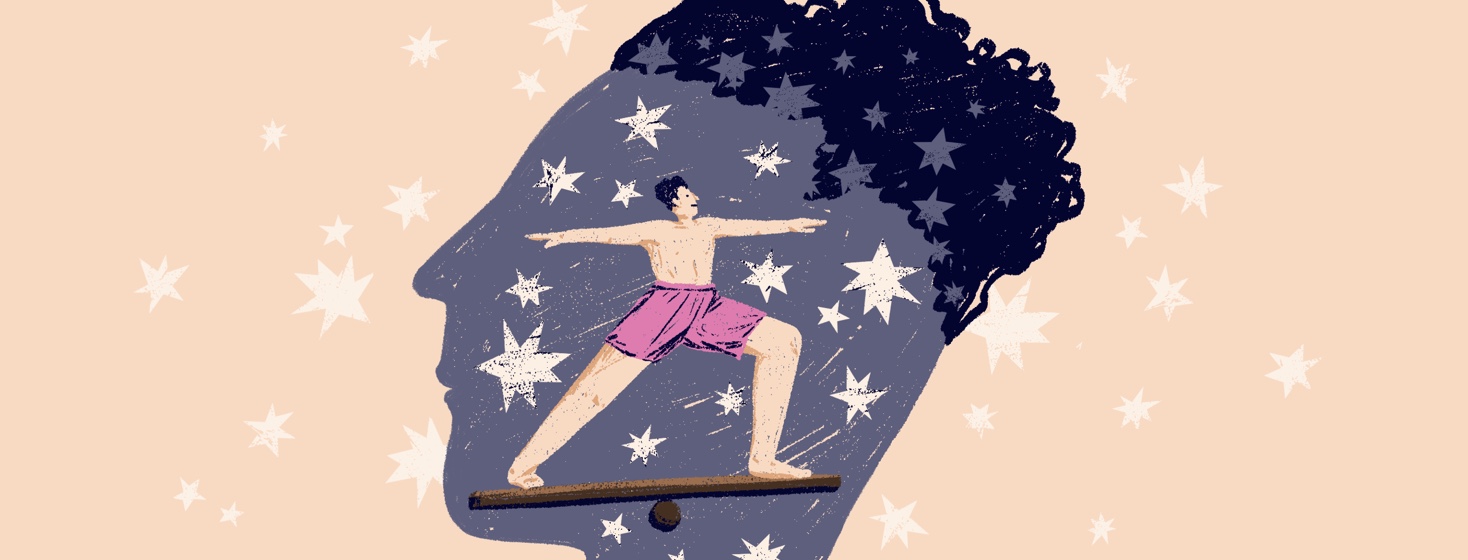What Does Your Mental Health Look Like?
What does that mean, you might ask? What does my mental health look like? Does it look like anything? It is very rare for me to have a conversation with someone with IBS where the topic of mental health doesn’t come up. I’m sure that there are those of you that don’t necessarily think that mental health is a major factor in your IBS experience. One thing I’ve learned is that IBS comes in so many shapes and variations that no two people have the same root cause or experience. Do I believe my mental health is inextricably tied to my IBS? Yes, without a doubt. I am sure of it.
Identify your mental health needs
I know my mind and my body. I know that many other people with IBS feel the same way. IBS can be a reaction to years of anxiety and unmanaged stress coupled with the way we treat our bodies when we feel bad. So take a look inside and see what your mental health looks like. Is it happy, stable and friendly? Or is it anxious, frustrated, hopeless and angry?
This brings me to the main point of this article. When people hear the term ‘mental health’ they very often immediately start thinking about mental illness. Schizophrenia, bipolar, personality disorders, etc. But mental health also includes major depressive disorder, anxiety disorders, and about a hundred other categories and sub-categories. Mental illness sounds scary and it can be. But just because you may ‘only’ have bad anxiety, doesn’t mean it is not an illness. Mental illness carries stigma very much like IBS. So let’s see what our mental health really looks like.
Finding a balance between mental health and physical health
Ultimately, mental health is exactly what the name suggests. Nothing more and nothing less. How healthy are you mentally? Do you ask yourself that question? You should. I have found that with IBS you tend to get consumed with all the things you need to do to help ‘fix’ your body. It takes a lot of time, money and energy and often leaves you too tired or fed up to look at the mental wellness piece. We can’t do that. There has to be a balance between those two parts of managing IBS. The mental and the physical are tied together in all things. Illness, love, work, sports and the list of life activities go on. There is no true physical wellness without mental wellness and vice versa. I believe this to be true. In my experience, visiting my therapist, meditation, coping skills, and medication is just as important to my management of IBS as is seeing my GI doc and working on my diet and exercise.
I’d like to share something I’ve learned in my job as a counselor and social worker. When I first started in this field I think I truly believed that there was a sort of ‘Tier’ system with mental illness. You know, schizophrenia was the worst, followed by bipolar 1, followed by certain personality disorders. Depression and anxiety disorder were on the ‘bottom’ tier. I couldn’t have been more wrong. All of these things are spectrum disorders. There are people with generalized anxiety disorder and depressive disorder that suffer every bit as much and more than some people with schizophrenia. The reverse is also true. There is no one way, one rule, one treatment. Just like IBS. Point is, if you spend a little more time thinking about mental wellness, you might find your IBS will thank you for it.

Join the conversation